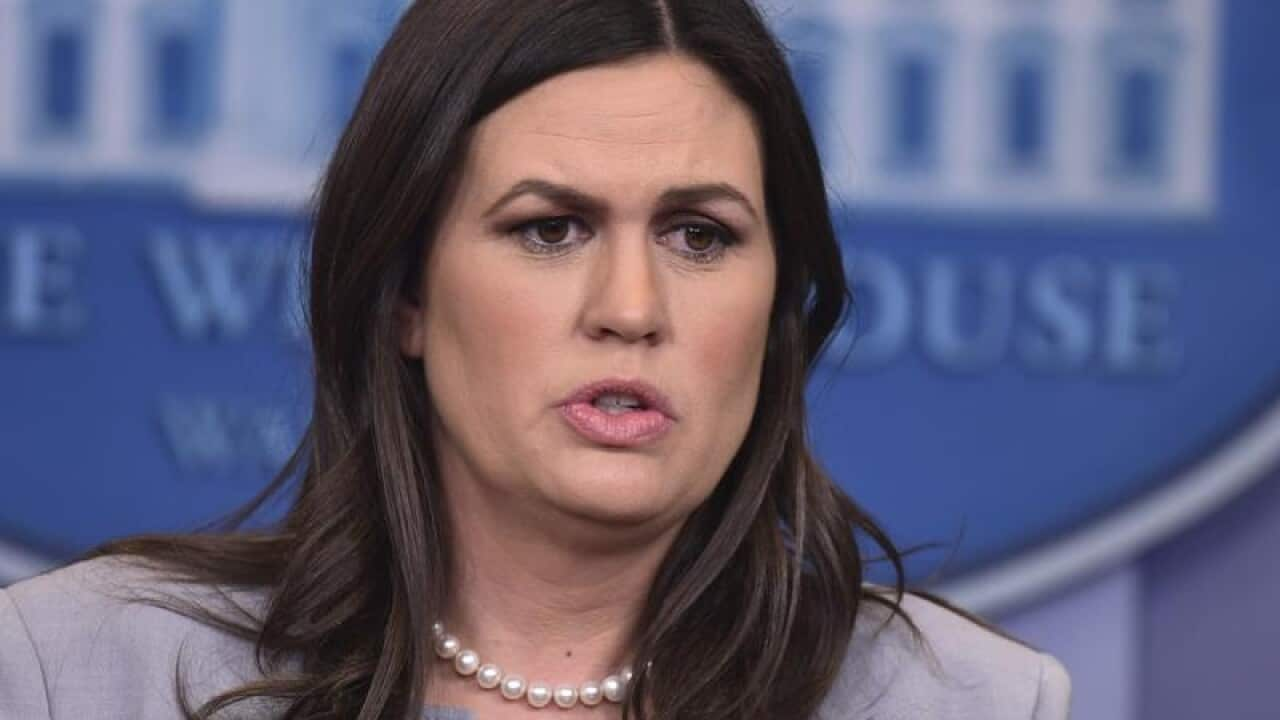The White House has raised the possibility that impending hefty US tariffs on steel and aluminium imports could exclude a clutch of countries other than Canada and Mexico as President Donald Trump plans to authorise the measures.
Trump is expected to sign a presidential proclamation establishing the tariffs during a ceremony scheduled for 3.30pm on Thursday (7.30am on Friday AEDT), a source familiar with the situation says.
A senior US official says the measures will take effect about two weeks after Trump signs the proclamation.
The tariffs would impose a duty of 25 per cent on steel and 10 per cent on aluminium to counter cheap imports, especially from China, Trump says undermine US industry and jobs.
It was not immediately clear whether the proclamation would list countries to be exempted as pressure grew for Trump to exclude US allies from the action.
"We expect that the president will sign something by the end of the week and there are potential carve-outs for Mexico and Canada based on national security, and possibly other countries as well based on that process," White House spokeswoman Sarah Huckabee Sanders told a media briefing.
"It will be country by country and it will be based on national security."
Action that does not include exemptions risks retaliatory tariffs on US exports - not least by Canada and Europe - and complicates already tough talks on the North American Free Trade Agreement (NAFTA).
Trump said on Monday that Canada and Mexico would only be excluded after the successful renegotiation of NAFTA.
Australian Foreign Affairs Minister Julie Bishop, in New York on Wednesday, said Australia would ask the US to be exempt from the tariffs.
The increased likelihood of tit-for-tat trade measures and a warning by the International Monetary Fund it could hurt global growth hit US shares, oil and the US dollar.
The departure of Trump's chief economic adviser, Gary Cohn, who was seen as a bulwark against Trump's economic nationalism, clears the way for greater influence by trade hard-liners such as Commerce Secretary Wilbur Ross and Peter Navarro, Trump's trade policy adviser, and the possibility the tariffs will be implemented.
Sanders said Trump was considering several candidates to fill Cohn's position, while Navarro said he was not short-listed for the job.
In his first tweet on Wednesday, Trump showed no sign of backing down, saying the US had lost more than 55,000 factories and six million manufacturing jobs and let its trade deficit soar since the administration of George HW Bush.

